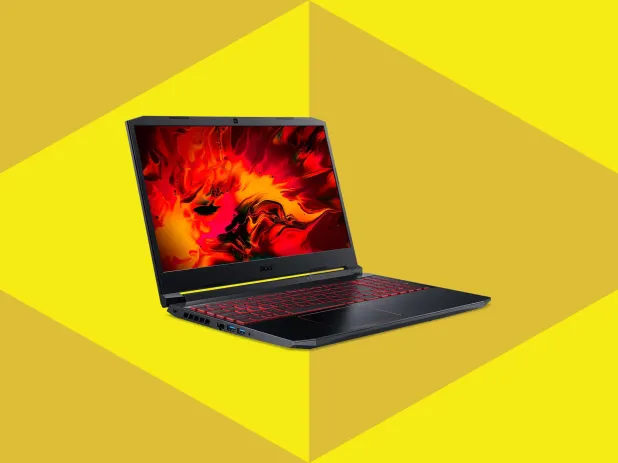Introduction
This article explores the world of blockchain security companies. Blockchain technology has revolutionized various industries, offering unparalleled transparency, immutability, and security. As the adoption of blockchain continues to grow, so does the importance of addressing potential security risks. which play a crucial role in protecting the decentralized ecosystem from emerging threats and ensuring the integrity of digital transactions.
Understanding Blockchain Security
What is Blockchain?
Blockchain is a distributed ledger technology that records transactions across multiple computers, ensuring that data remains secure and tamper-proof. It functions as a chain of blocks, with each block containing a set of transactions linked together through cryptographic hashes.
Importance of Security in Blockchain
Security is the bedrock of blockchain technology. The decentralized nature of blockchain makes it resilient against single points of failure, but it also exposes it to new challenges. Ensuring robust security measures is vital to prevent unauthorized access, data manipulation, and other malicious activities.
Common Security Challenges in Blockchain
51% Attacks
One of the significant concerns in blockchain security is the possibility of a 51% attack. In this scenario, a single entity or group gains control over more than 50% of the network’s computing power, enabling them to manipulate transactions and disrupt the system’s integrity.
Smart Contract Vulnerabilities
Smart contracts are self-executing contracts with the terms of the agreement directly written into code. However, vulnerabilities in the code can lead to exploitation, resulting in financial losses and reputational damage.
Private Key Management
Private keys are essential for accessing and managing digital assets on the blockchain. Poor private key management can lead to unauthorized access and asset theft.
Distributed Denial of Service (DDoS) Attacks
Blockchain networks can also face DDoS attacks, where multiple systems flood the target network, overwhelming it and causing disruptions.
Top Blockchain Security Companies
Company A
Company A has established itself as a pioneer in the blockchain security industry. With a team of seasoned experts and cutting-edge technology, they offer a comprehensive suite of security solutions tailored to different blockchain architectures.
Company B
Company B boasts an impressive track record in providing end-to-end security services to blockchain-based businesses. Their proactive approach to threat detection and mitigation sets them apart from the competition.
Company C
Company C takes a unique approach to blockchain security by combining artificial intelligence and machine learning algorithms. Their dynamic solutions evolve with emerging threats, ensuring robust protection for their clients.
Factors to Consider When Choosing a Blockchain Security Company
Experience and Expertise
When selecting a blockchain security company, their experience and expertise in the field should be paramount. Seasoned professionals are better equipped to handle complex security challenges.
Range of Services
The range of services offered by a security company is another critical factor. From smart contract auditing to network monitoring, a comprehensive set of services ensures holistic protection.
Customer Reviews and Reputation
Customer reviews and the company’s reputation in the market provide valuable insights into their service quality and customer satisfaction.
Cost
While cost should not be the sole determining factor, it is essential to strike a balance between quality services and budget constraints.
Releted Post: Proxifier Key: Unlocking Enhanced Internet Connectivity 2023
Best Practices for Blockchain Security
Regular Audits and Penetration Testing
Regular audits and penetration testing help identify vulnerabilities and ensure that security measures are up to date.
Multi-Factor Authentication (MFA)
Implementing MFA adds an extra layer of security, requiring users to provide multiple forms of identification before accessing the blockchain system.
Encryption
Data encryption safeguards sensitive information from unauthorized access, protecting user privacy and transaction details.
Keeping Software Up to Date
Regularly updating blockchain software and security protocols helps mitigate potential vulnerabilities.
Future Trends in Blockchain Security
The blockchain security landscape is continually evolving. Some emerging trends include quantum-resistant cryptography, AI-driven threat analysis, and the integration of blockchain security with the Internet of Things (IoT).
Conclusion
As blockchain technology continues to disrupt industries, ensuring its security becomes paramount. Blockchain security companies play a crucial role in safeguarding this decentralized world. By leveraging advanced technologies, expertise, and a proactive approach, these companies are instrumental in mitigating threats and fostering trust in the blockchain ecosystem.
FAQs
Are blockchain transactions really secure?
Yes, blockchain transactions are highly secure due to their decentralized and cryptographic nature.
What is the most significant security challenge for blockchain?
51% attacks pose a significant security challenge as they can compromise the integrity of the entire blockchain network.
Can blockchain security companies prevent all types of attacks?
While no system is entirely immune to attacks, blockchain security companies employ advanced measures to minimize risks significantly.
How often should blockchain audits be conducted?
Regular audits, at least once or twice a year, are essential to assess and improve the security of blockchain systems.
Is blockchain technology only used for cryptocurrencies?
No, blockchain technology has diverse applications beyond cryptocurrencies, such as supply chain management and decentralized identity systems.







Leave a Reply